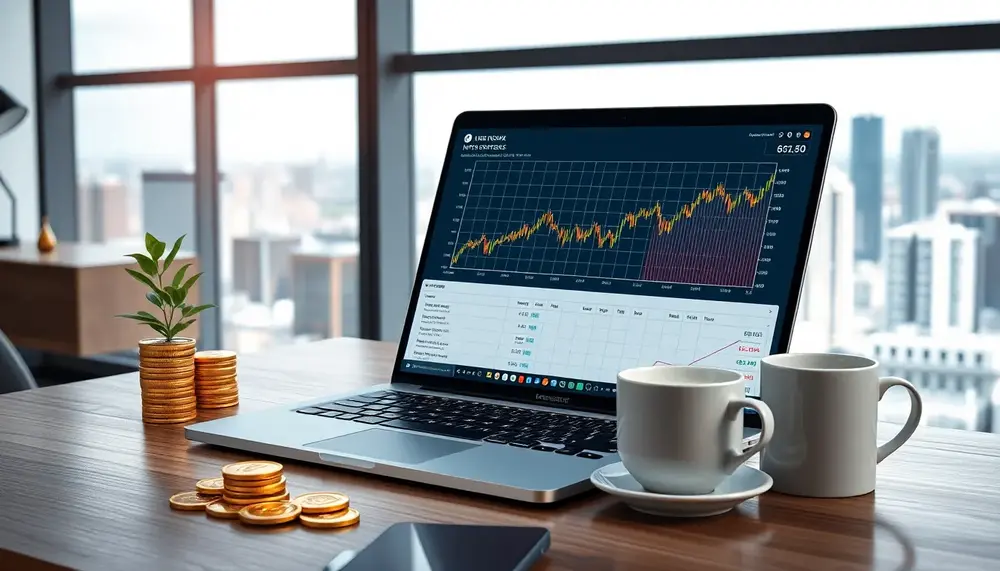Hedge
Hedge
Understanding 'Hedge' in Finance
A hedge is an investment strategy used to limit or offset the probability of loss from fluctuations in the prices of commodities, currencies, or securities. In finance, it's akin to taking out insurance on your investments. To 'hedge' means to make a move that will protect you against a big loss. For instance, if you own a stock and worry its price might go down, you might hedge by buying a put option, which rises in value as the stock price drops.
'Hedge' in the World of Cryptocurrencies
In the volatile market of cryptocurrencies, a hedge can be particularly valuable. For crypto investors, hedging might involve diversifying their portfolio with other assets not directly linked to the crypto market's movements or using instruments like futures contracts to manage price risk. This strategy could help preserve the value of investments irrespective of sudden market changes.
How 'Hedge' Contributes to Growth
Growth, in any financial portfolio or business, can often be supported by effective hedging. By reducing the exposure to risk, companies and investors can focus on growth without worrying about potential setbacks from market volatility. A well-planned hedge enables stability, creating room for more aggressive growth strategies knowing that some risks are mitigated.
'Hedge' as a Mindset for Success
A hedging mindset means always being prepared for the unexpected, allowing successful investors and business people to adapt swiftly to new scenarios while safeguarding their assets. It involves evaluating your decisions with an eye for risk and protective measures. As such, embracing the concept of 'hedge' can cultivate a mentality geared toward long-term success.
Final Thoughts on 'Hedge'
Understanding how to hedge investments encompasses broader knowledge of market dynamics, risk assessment, and strategic planning. It is a crucial skill in finance and business that can lead to greater stability, growth, and success. By effectively hedging, you can ensure you're not just surviving in the marketplace, but thriving.
Blog Posts with the term: Hedge

Gold plays a vital role in India's economy and culture, serving as both a financial asset and cultural symbol, with its price influenced by global supply-demand dynamics, currency exchange rates, festive seasons, and geopolitical factors. As one of the largest...

Bitcoin mining is central to its deflationary design, with milestones like the Genesis Block and halving events shaping its scarcity and market dynamics. Halvings reduce miner rewards approximately every four years, controlling supply while influencing Bitcoin's value and sustainability as...

Future markets are essential for managing price risks and offering profit opportunities by allowing traders to buy and sell contracts for future asset delivery. Key trends include increased electronic trading, algorithmic trading, expansion of asset classes, regulatory changes, and a...

The article explores Bitcoin's market trends, historical performance, and unique features like decentralization and limited supply, highlighting its potential as a mainstream financial asset amid increasing institutional adoption and inflation concerns....

The article explains the Bitcoin cycle, which consists of four main phases: Accumulation, Uptrend, Distribution, and Downtrend. Understanding these phases helps investors make informed decisions on when to buy or sell Bitcoin for potentially maximizing returns....

Bitcoin, a decentralized digital currency created in 2009, contrasts sharply with the US Dollar, a traditional fiat currency regulated by the Federal Reserve. While Bitcoin offers advantages like decentralization and transparency, it faces challenges such as regulatory uncertainty and market...

The article reveals practical money tips from millionaires, such as buying used items, using cash payments to avoid debt, setting clear financial goals, automating savings strategies, and maximizing retirement contributions. These insights aim to help readers build wealth and achieve...

Choosing the right crypto trading app is crucial for security, ease of use, and compliance with local regulations, especially in India where INR compatibility and UPI support are key. Top apps like WazirX, CoinDCX, ZebPay, Binance, and Unocoin offer diverse...

Bitcoin's rebound past $100,000 after a weekend drop highlights its volatility and resilience, driven by institutional interest and macroeconomic factors like tariff policies. Meanwhile, Marathon Digital navigates mining challenges while expanding capacity, as global crypto adoption accelerates amidst regulatory shifts...

Inflation in Vietnam affects purchasing power, investment returns, and economic stability, influencing various asset classes like real estate, bonds, and commodities. Investors must monitor inflation trends and policies to mitigate risks while leveraging opportunities in this dynamic market....

The article contrasts wealth mentality, which focuses on proactive financial planning and growth, with poverty mentality that leads to stagnation; it emphasizes the importance of financial literacy, generational wealth building, overcoming fear in finances, and viewing budgeting as a tool...

Bitcoin is a leading cryptocurrency in Germany, with dynamic trading options and robust platforms supporting both short-term trades and long-term investments within a well-regulated framework. The market's volatility presents opportunities for strategic investors who must navigate regulatory requirements, technological security...

Future derivatives markets are platforms for predicting and managing risk through standardized contracts like futures, which allow participants to hedge or speculate on price movements of various assets....

The cryptocurrency industry is undergoing transformative changes, from Alexander Vinnik's controversial release and Goldman Sachs' $2 billion crypto investments to West Virginia's Bitcoin treasury proposal. These developments highlight the growing intersection of finance, politics, and digital assets while raising questions...

